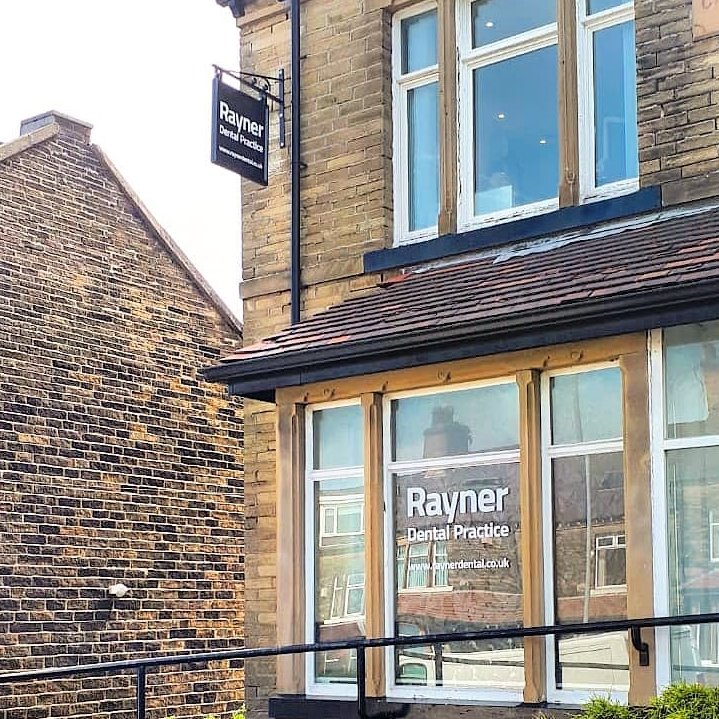Porcelain Veneers
What are porcelain veneers?
Porcelain veneers are custom-made shells that fit over the front surfaces of teeth. Think of them as shellac nails! They hide cracks, stains, chips and misshapen. Often we have to gently smooth the front of your tooth to create space to fit the veneer and sometimes can be made with no damage at all!
What are the advantages of porcelain veneers?
Porcelain veneers make teeth look more natural and improve the appearance of your teeth. They are held in place by glue. Some preparation of the tooth is needed. Some types of veneers don’t need any preparation at all.

Are they different to composite veneers?
Yes! Porcelain veneers are more stain-resistant and natural-looking than composite veneers. They also last a lot longer than composite veneers!
Can anyone have porcelain veneers?
It depends. Many people are suitable and some are not! We first need to ensure your teeth are healthy before considering porcelain veneers.
How are the teeth prepared for a porcelain veneer?
Some of the enamel surface of the tooth is removed to make sure that the veneer can fit without feeling bulky. This creates space for the veneer and glue.
A local anaesthetic (injection) may be used to make sure that there is no pain. Sometimes this is not needed. Once the tooth has been prepared, we will take a mould. This will be given to the dental technician, along with any other information needed to make the veneer.
The colour of the surrounding teeth is matched on a shade guide to make sure that the veneer will look entirely natural.


How long does the process take?
Following a consultation appointment and ‘trial smile visit’, it usually takes two visits. The first is to prepare the tooth and match the shade and the second is to fit it. Bonding a veneer in place is done with a special adhesive which holds it firmly on the tooth.
What will I need in between visits?
Between the two visits, you will need a temporary veneer. This will look similar to the final result but not be as smooth.
What happens after the veneer is fitted?
Only minor adjustments can be made to the veneer after it is fitted. It is usually best to wait a little while to get used to it before any changes are made.
How long will a veneer last?
Veneers can last many years but they do chip or break, just like your own teeth can. Your dental team will tell you how long each veneer should last. The average lifespan is around 7 years. The edges around the veneer also go dark and stained over time.
How much do porcelain veneers cost?
They start from £600 per tooth.












































































































































































































































































































































